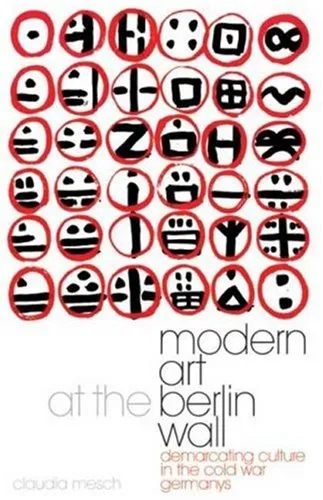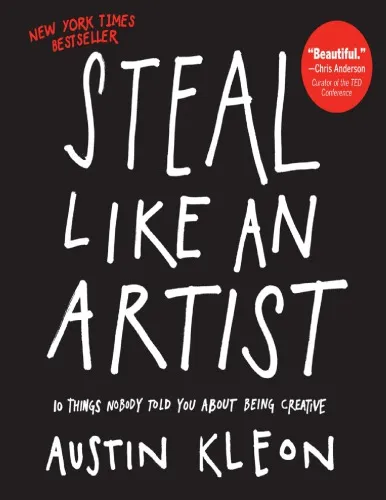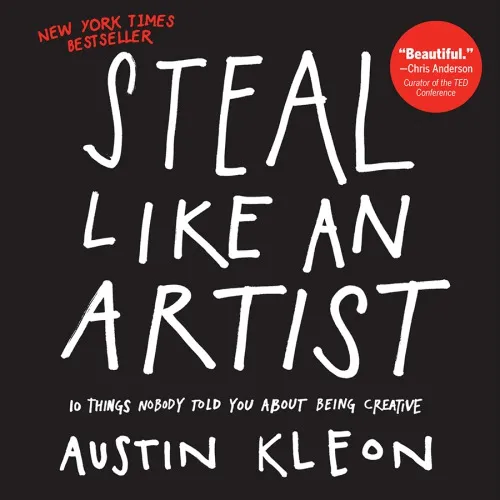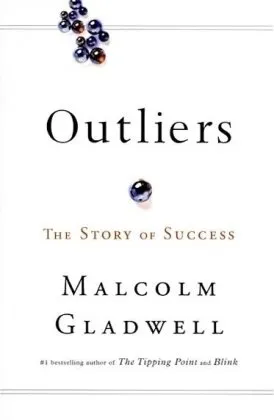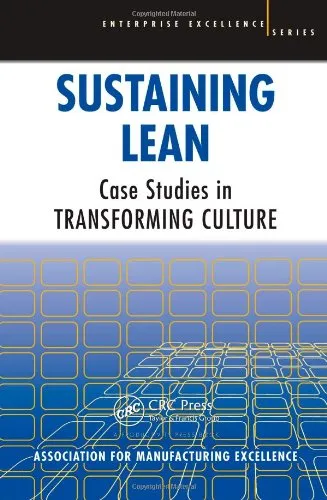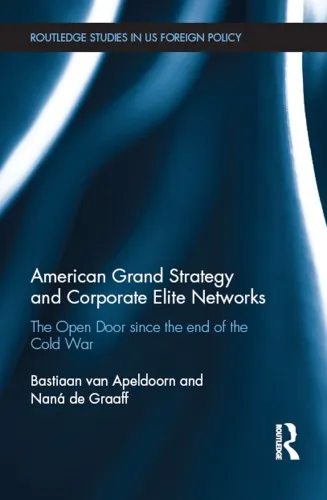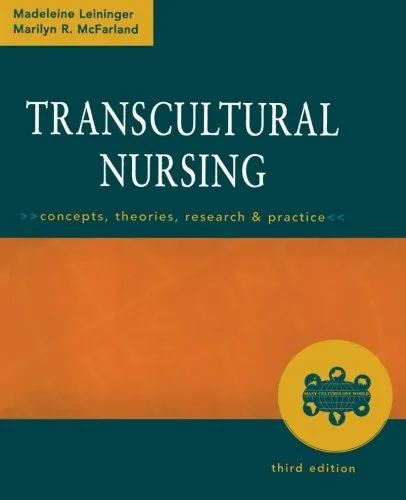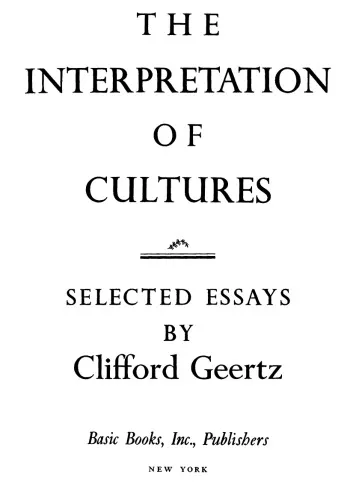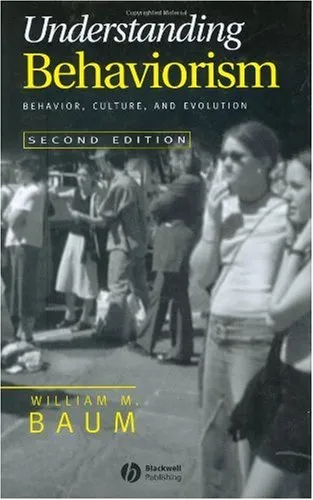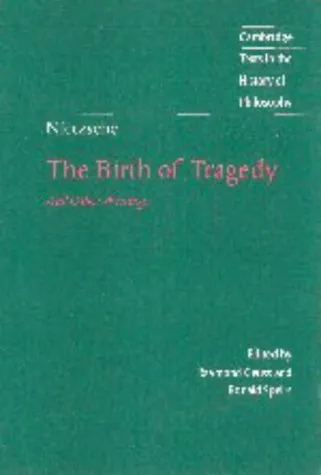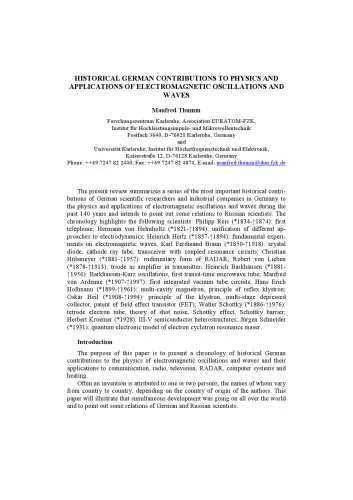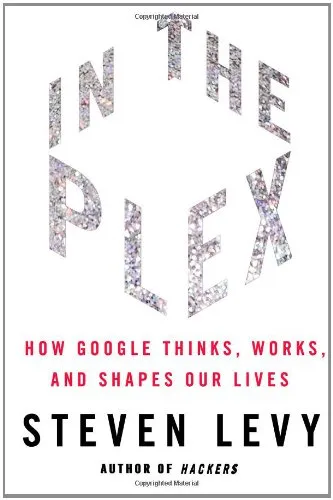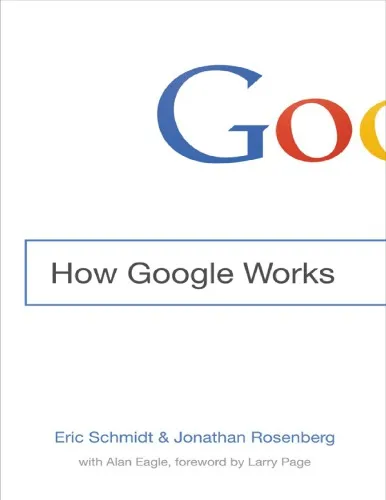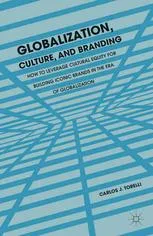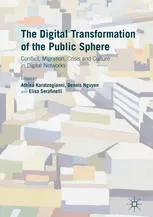Modern Art at the Berlin Wall: Demarcating Culture in the Cold War Germanys (International Library of Cultural Studies)
4.3
Reviews from our users

You Can Ask your questions from this book's AI after Login
Each download or ask from book AI costs 2 points. To earn more free points, please visit the Points Guide Page and complete some valuable actions.Related Refrences:
Introduction to "Modern Art at the Berlin Wall: Demarcating Culture in the Cold War Germanys"
"Modern Art at the Berlin Wall" by Claudia Mesch is a profound exploration of the dynamic interplay between art and geopolitics during the Cold War era in Germany. The book delves into the intricate cultural negotiations that took place alongside the construction and eventual fall of the Berlin Wall, a concrete manifestation of ideological divides. Through this examination, Mesch offers a unique lens into how modern art was not only a reflection of the times but also an active participant in shaping historical narratives and cultural identities.
Detailed Summary of the Book
Mesch's "Modern Art at the Berlin Wall" intricately chronicles the art movements and the influential figures in both East and West Germany, illustrating how artists navigated a world defined by stark contrast between communist and capitalist ideologies. The text is anchored in the milieu of post-World War II Germany, showcasing how artists contributed to, and were affected by, the sociopolitical landscape divided by the infamous Berlin Wall.
The narrative begins with an exploration of the immediate postwar period, where Germany was grappling with reconstruction and redefinition. It highlights significant art movements like German Expressionism and how these were uniquely adapted or stifled on either side of the wall. Mesch's in-depth analysis uncovers how art functioned as both a form of resistance and a tool for propaganda, depending on the geopolitical context.
Following through the decades, the book features critical case studies of artists and collectives whose works transcended the physical and ideological barriers posed by the wall. From the provocative work of Joseph Beuys in the West to the state-monitored yet vibrant art scene in the East, Mesch provides a balanced view of cultural expressions across the divide.
Key Takeaways
- Art as a Political Agent: The book underscores the role of modern art as an active agent in political discourse, capable of influencing cultural and social change.
- Artistic Censorship and Expression: It highlights the dual nature of art as both a censored activity in the East and a freeform expression in the West.
- Cultural Identity Formation: Mesch illustrates how art was instrumental in the formation of distinct cultural identities in divided Germany.
- The Berlin Wall as a Cultural Symbol: Beyond a barrier, the Berlin Wall is portrayed as a powerful cultural symbol within the art community.
Famous Quotes from the Book
"Art, in its most vivid forms across the Berlin divide, was far from merely a passive observer of its time; it was a participant, a provocateur, and above all, a bridge between worlds starkly divided."
"The Wall may have divided cities, families, and political ideologies, but the brushstrokes of artists from East and West were indistinguishable in their yearning for freedom and truth."
Why This Book Matters
"Modern Art at the Berlin Wall" stands as an essential text for understanding the intertwined relationship between art and politics during one of the most ideologically fractured times in modern history. Claudia Mesch offers an in-depth account of how art transcends its typical boundaries to influence and express complex layers of human experience under extreme conditions. For historians, art enthusiasts, and those interested in cultural studies, this book provides a comprehensive look at the role of art in not just reflecting history, but in actively shaping it. Mesch's scholarship enriches our appreciation of the resilience and power of art amidst adversity.
This book is significant for comprehending the transformative potential of art and its enduring impact on society, providing invaluable insights into how art can challenge and redefine the boundaries of cultural discourse.
Free Direct Download
You Can Download this book after Login
Accessing books through legal platforms and public libraries not only supports the rights of authors and publishers but also contributes to the sustainability of reading culture. Before downloading, please take a moment to consider these options.
Find this book on other platforms:
WorldCat helps you find books in libraries worldwide.
See ratings, reviews, and discussions on Goodreads.
Find and buy rare or used books on AbeBooks.
1444
بازدید4.3
امتیاز0
نظر98%
رضایتReviews:
4.3
Based on 0 users review
Questions & Answers
Ask questions about this book or help others by answering
No questions yet. Be the first to ask!
